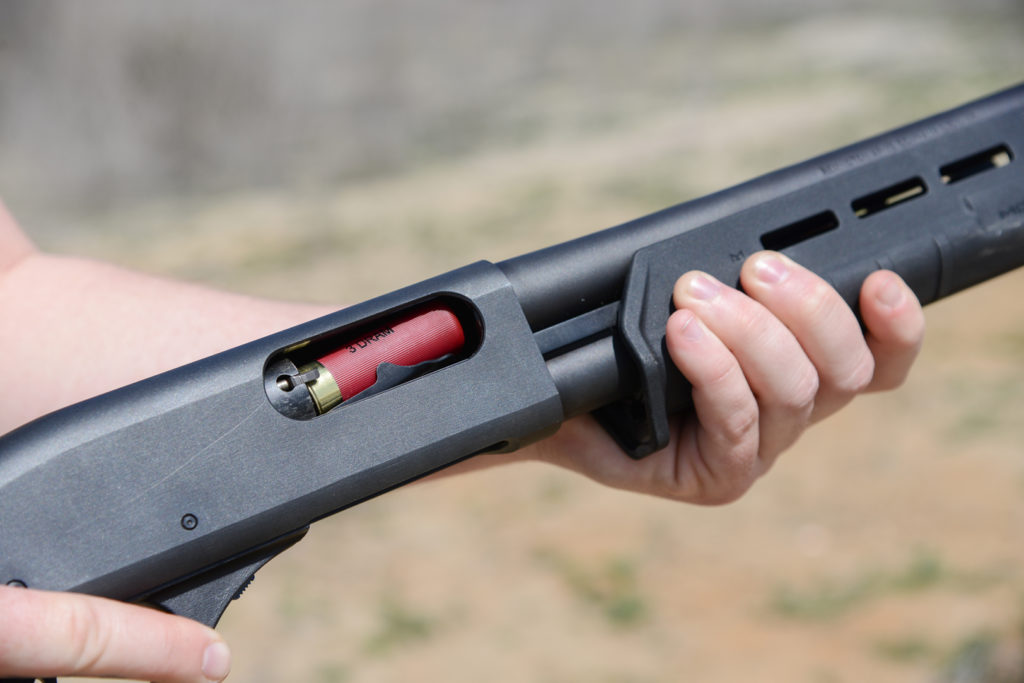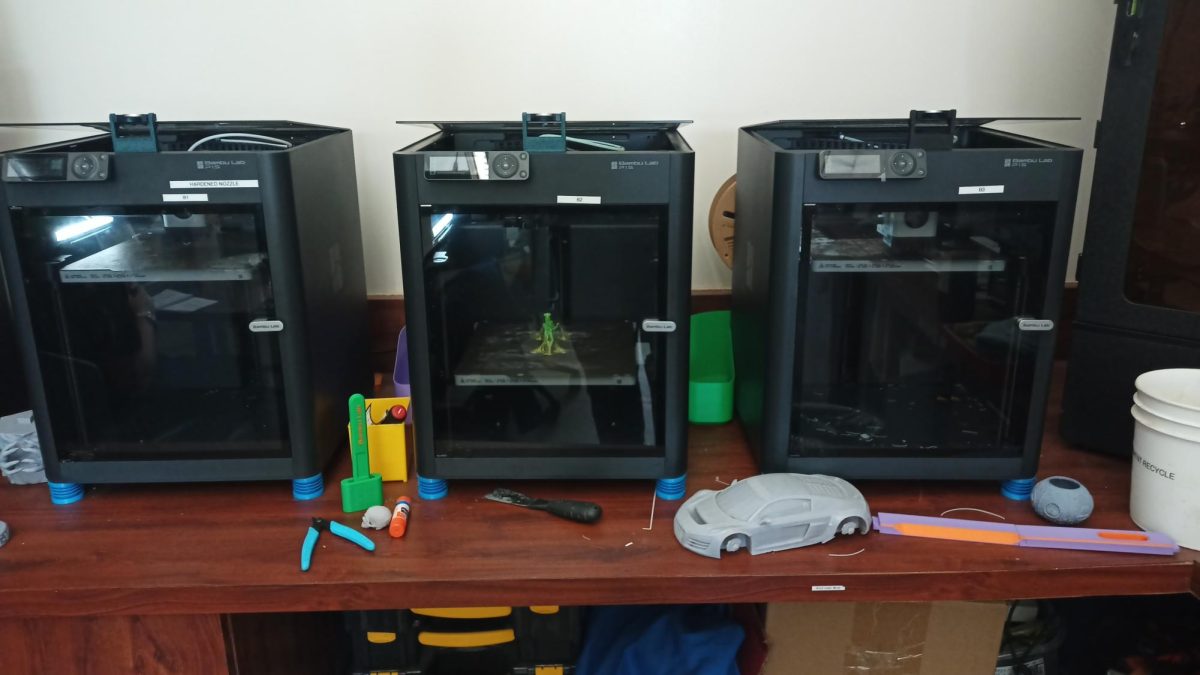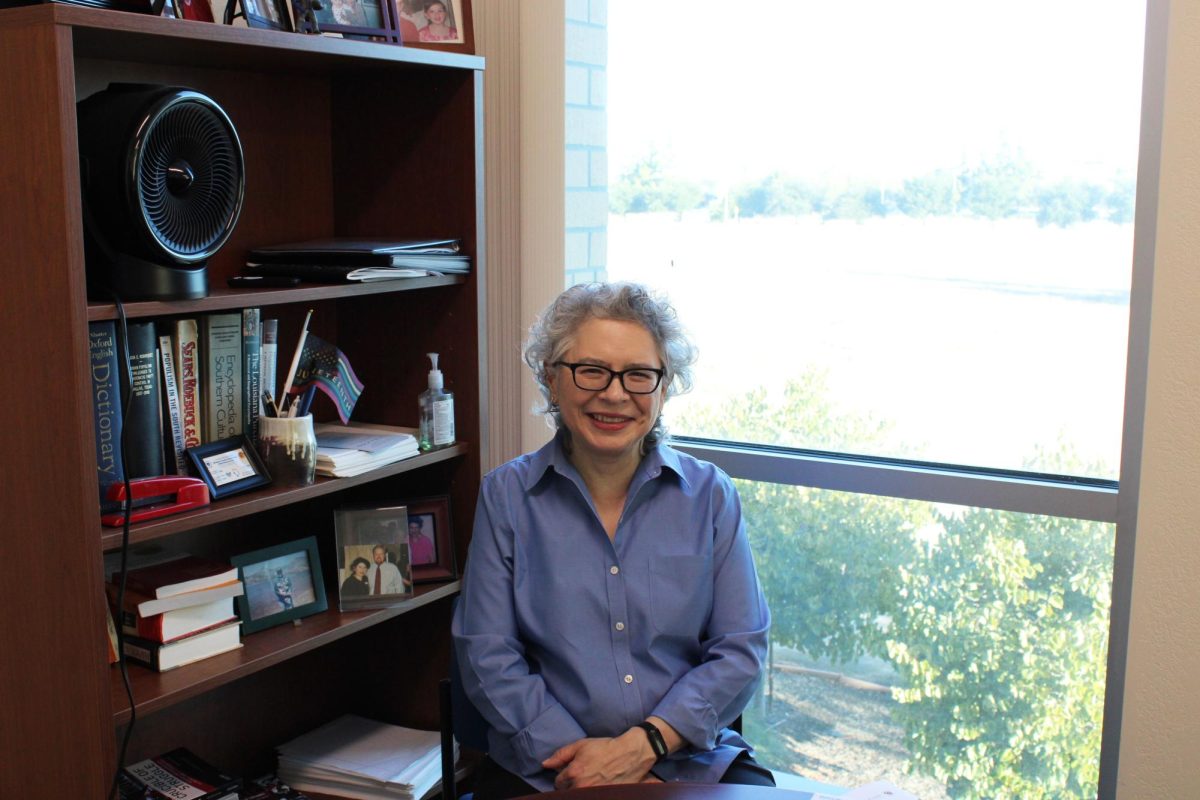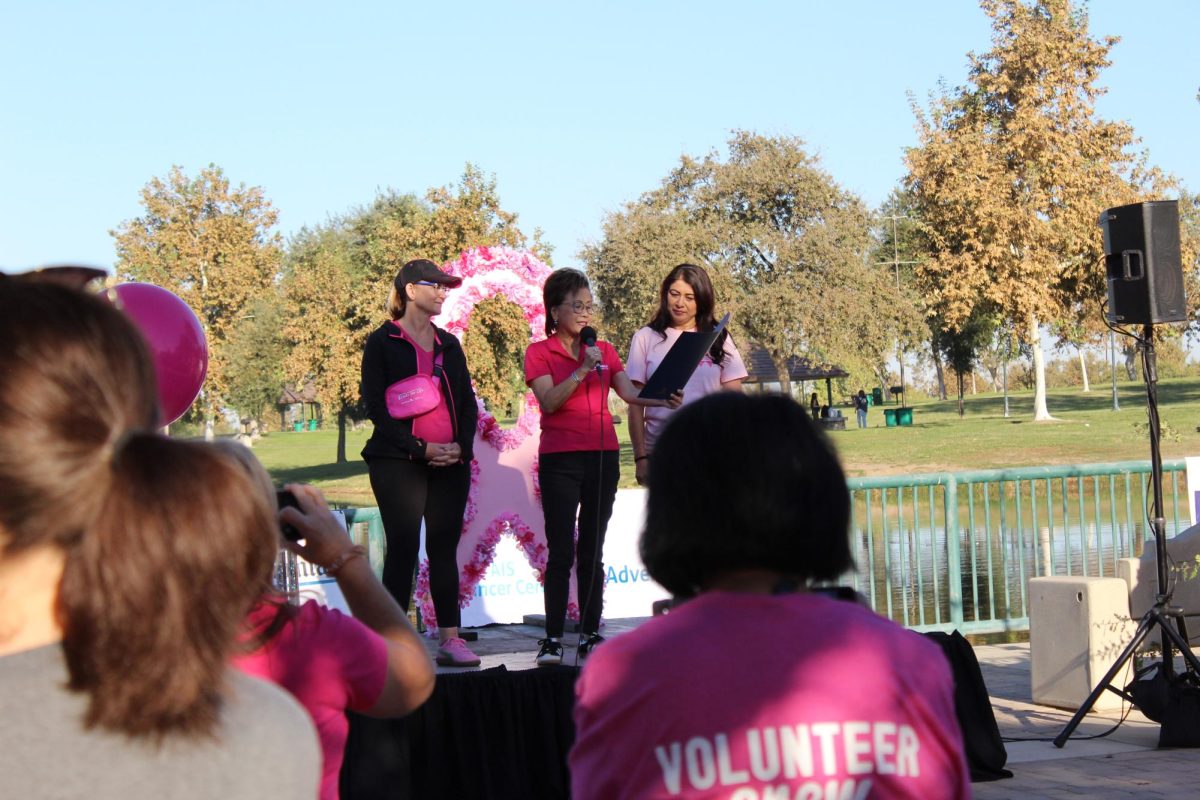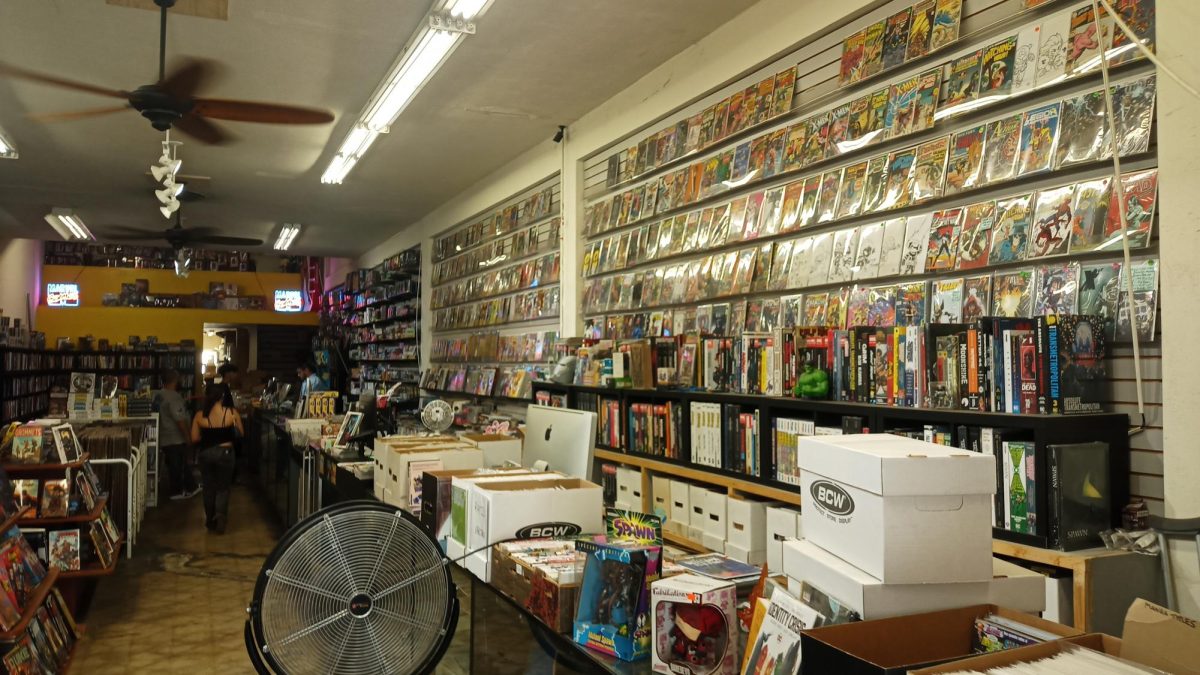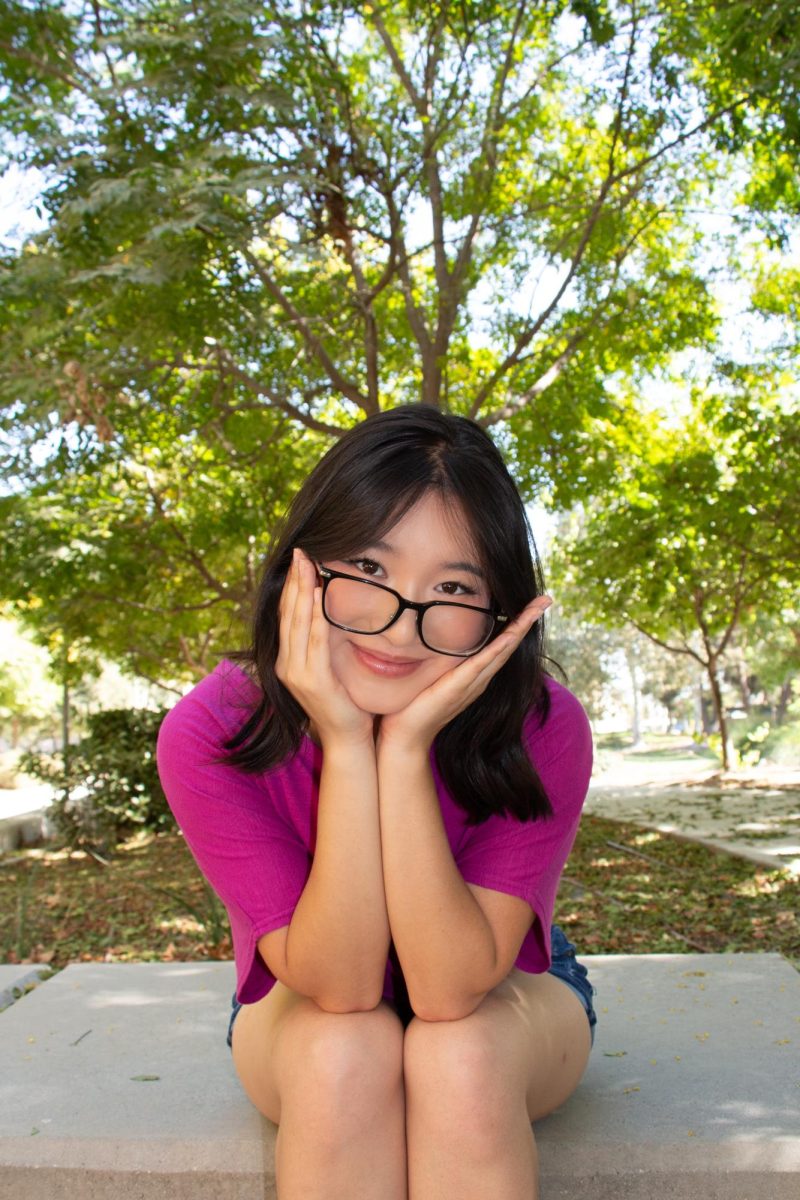Reporter
Gun control has been one of the most complex and controversial topics these past couple of years. With mass shootings becoming more frequent, people are showing more support for gun control.
“It is our second amendment [right] and I understand that and I respect that, but if we see that there is a problem in our country where we are seeing innocent kids die and we are seeing many events of violence through guns, I think there should be some sort of restriction,” said Flor Zelaya, a sophomore criminal justice major at CSU Bakersfield.
Zelaya doesn’t feel the need to take away all guns from responsible gun owners but wants something to be done to stop these mass shootings in schools.
University Police Chief Marty Williamson said in an email that currently, state law does not allow the general public, students, or teachers, to carry weapons on campus even if they have a Carry Concealed Weapons (CCW) permit.
Every state has its own process for how a citizen can purchase a firearm but how easy is it to purchase a gun in California? To begin with, it involves a lot of paperwork.
Depending on the type of firearm, there are requirements that need to take place. To purchase a handgun, the individual must be 21 years old and they cannot leave the store with their gun without first purchasing a child gun lock. Handgun ammunition only can be sold to people 21 and over.
To purchase a rifle, shotgun, or any long gun, an individual must be at least 18 years old.
Carolina Cruz, a senior majoring in sociology, thinks the age limit to own rifles should be raised. “I don’t think there’s a reason why 18-year olds should have rifles and you have to be 21 to have a handgun,” said Cruz, adding, “there’s more power in rifles than handguns. [In] psychology, your brain is not fully developed”.
People interested in using their Second Amendment right must first prove that they are a California resident, through any type of utility bill, and present a valid ID to prove their identity and age. However, the card cannot read, “Federal Limits Apply”.
Rafael Esqueda, owner of Get A Gun, said that California can only sell to people residing in California and no other state can sell to Californians.
“California can only sell guns to Californians, said Esqueda. “California is its own country when it comes to guns”.
The prospective gun owner will then have to take a 30 question true or false and multiple-choice test that covers the safe handling of firearms and gun laws of California and at the federal level.
If the person passes, they will receive a Firearms Safety Certificate which will allow the person to purchase firearms in California for five years.
“It was simple for me… I got my certification in like 15 minutes,” said Thomas Whitaker, a senior at CSUB majoring in history.
The only exemptions from the test are active and honorably retired peace officers, hunting license holders, active and honorably retired military soldiers, and CCW permit holders.
The individual must be at least 18 years old and pay a fee of $25.
“Once you have that card, you’ve selected the firearm that you wished to purchase, then there is [a] background check and a registration, and the state charges a fee of $25 for that as well,” said Alex Bowman, lead sales representative at Second Amendment Sports.
The next step is the background check and the person must fill out a 4,473, a six-page federal document called Firearms Transaction Record.
Bowman said, “It records the pertinent information of the purchaser, we have to maintain those records for 20 years [and] we submit all that information to the California Department of Justice, where they facilitate the actual background checks.”
Colton Bryant, an employee at EP Armory, said that no matter where you purchase a firearm, background checks will always take place.
“Doing a private party transfer or buying a gun online or buying a gun here in the store, paperwork is always going to have to be done,” said Bryant.
Only the state can decide whether someone is eligible to purchase a gun.
The state checks for criminal records, domestic violence offenses, dishonorably discharged, citizenship, and any history of mental illness.
Not only does the background check consist of checking for criminal records, but Esqueda mentioned another surprising reason why someone would be turned down through a background check.
“You can’t buy a gun if you owe child support,” said Esqueda. “If you don’t pay child support, they suspend your driver’s license.”
It takes exactly 10 days to hear back from the Department of Justice which is called the Cooling Down period.
Cooling Down periods were instated to give individuals who are angry or looking for vengeance 10 days to cool down before getting their hands on a gun.
If everything gets approved the purchaser can pick up their firearm at a gun store.
But first, a state certified gun salesman employee must first do a “Safe Handling Demonstration” with the purchaser before he or she can leave with their firearm.
The employee shows the purchaser how to safely handle the firearm and how to load and unload it.
They then hand the firearm to the purchaser where the purchaser must repeat the demonstration back to the employee.
If the individual fails, they must start the demonstration over again.
“If they cannot do it properly we will sit here and teach them and demonstrate it to them until they can get it right and understand how to properly and safely handle a firearm,” said Bryant.
After passing the demonstration, the individual may finally take their firearm home.
From there, it is the purchaser’s responsibility to store their firearms.
California does not regulate how and where a person can store their firearms, but if a minor gets a hold of the firearm, the purchaser is responsible.
Tori Gordillo, a senior majoring in human biology, feels that the state should be a little more involved.
She knows that in Japan there are more regulations in regard to keeping your firearms safe.
“Every three years they have to check their mental health [and] show where the gun is exactly located in the house… I don’t know if we need to go that far, but there needs to be more safety precautions,” said Gordillo.
The path to stricter federal gun laws is uncertain. Due to the recent protests that high school have started over gun control, CSUB students begin to start the conversation on both sides of the issue.
Zelaya said that when she was younger, before school shootings were more frequent, her friends would often go out to an open area and shoot their guns.
“I went shooting with my friends [and] it made me realize how easy it was to do what we did,” said Zelaya.
Whitaker sees no point in gun restrictions because an individual could have a clean record but might want to commit horrible actions.
“People either care about human life or they don’t,” wrote Whitaker in an email.
Whitaker believes that it’s not a matter of either mental health or gun control, but the person who decides to commit that act.
“Guns have the capacity to kill or even save lives but it’s up to the person who decides how he uses them,” said Whitaker.
Although Cruz feels this issue pertains more to mental health than gun control, she would agree with Whitaker.
“It’s not the gun itself, it really is the person who is behind it and is pulling the trigger,” said Cruz.
In California, the gun ownership process is a lot more regulated than in other states. Starting July of 2019, gun owners are going to be required to have a permit to just buy ammunition.



